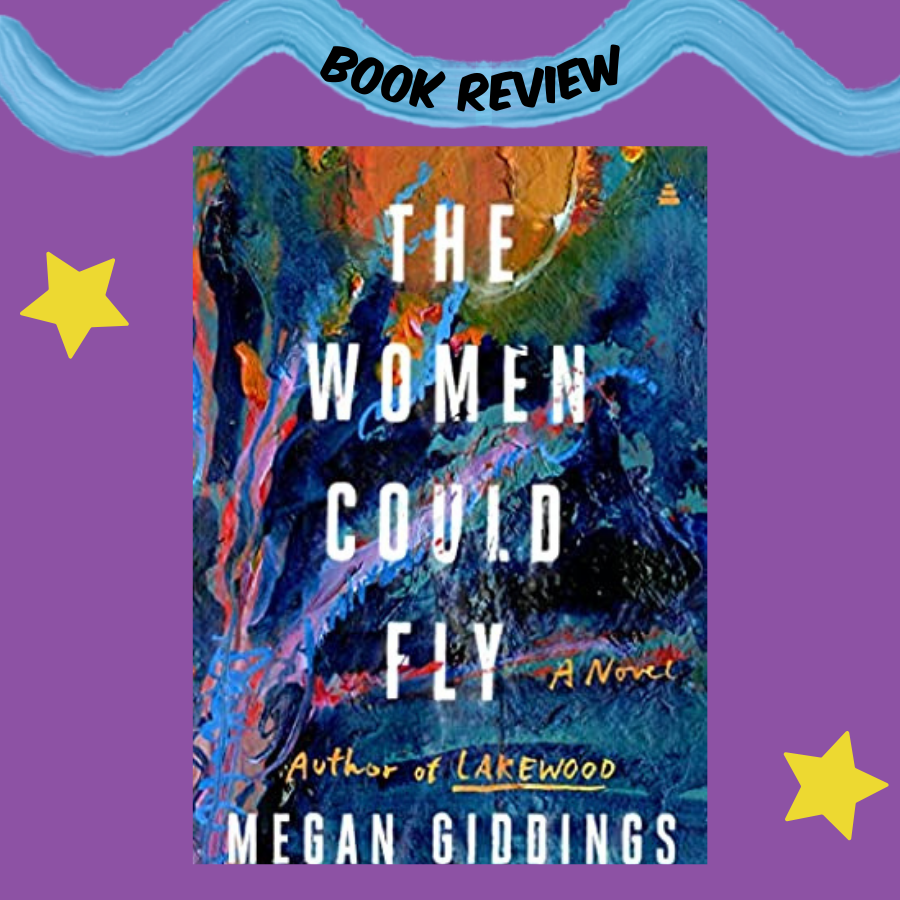The Women Could Fly is Megan Giddings’s second novel. A standout work of literary science fiction, it is chilling in its portrayal of a society where witches are real and every woman is in danger of being accused of being one.
At the age of 28, all women are subject to a complicated system of surveillance. Their actions are monitored and legislated, regulated under the guise of community health and safety. Unmarried women over 30 are unable to hold jobs or have credit cards without a male co-signer. Witches are to be feared, and all women are under suspicion. People are warned to monitor the behavior of their neighbors, their colleagues, and their wives. Those accused of witchcraft are subject to torture and the convicted are subject to burning. As is true of most systemic crises in our society, Black women, poor women, and other marginalized groups fare worse than others in this arrangement, bearing an inordinate amount of accusations, and having less access to resources in the fight against them.
Any dystopian novel so focused on the subjugation of women is bound to beg comparison to The Handmaid’s Tale, but The Women Could Fly manages to deserve it. Giddings portrays this warped, hyper-patriarchal society with a verisimilitude I find eerie. She describes the bureaucrats who enforce its rules and the ways they literally deafen themselves to the voices of those they are torturing in a way that channels the nazi middlemen in The Banality of Evil.
This portrayal of the ease with which people are able to participate in such a system that is based on the subjugation of women is all the more weighted in our current political climate. The Women Could Fly is a story about power and fear. Women have been granted real, primal strength, and the men who are in authority do everything they can to legislate it, ban it, minimize it, and protect themselves from it. This world, then, is not so far removed from our own.
The novel’s protagonist, Josephine Thomas, is coming of age against this backdrop. Jo is a 28-year-old bisexual Black woman whose mother, Tiana, a suspected witch, has been missing for 14 years. Jo has lived deep within her grief, but she is finally ready to move on and try to make her way in this complicated world that is so hell-bent upon her oppression. Instead, when she finally looks at Tiana’s will, she finds instructions that send her on a journey to a mysterious island. On the island, Jo can be herself. She can literally fly. But there, she must also reckon with her mother’s past and try to determine her own future.
Giddings soars in her portrayal of a complicated mother/daughter relationship, showing how Jo has lived in her mother’s wake. We see Jo struggle with the memory of this mother who loved her, but who also fiercely desired her own freedom — a mother who wanted more for her daughter in a society that did not adequately value her existence.
Even against this stark backdrop, the power struggle between mother and daughter is central and relatable. It transcends circumstance and feels viscerally real. They both desire love and independence. They are also both doing the best they can for themselves and for one another. These are themes many of us can sympathize with. But they are living in a world that hinges upon their persecution. The stakes are so high, they might be burned on them.
The book is full of the lore and mythology of witches — the terrible stories the people in power use to persecute them and the beautiful and whimsical ones Jo remembers her mother telling her about when in a simpler time. Somehow, through her grace and her determination to be who she is, Jo manages to make a myth of herself, one everyone in her world will remember.
In The Women Could Fly, Giddings transforms her into a legend. A strong woman who is able to hold fast to her beliefs, harness her power, and transcend the limitations of her time, she is someone we should all seek to channel in the present moment.



Why would this be science fiction? The correct genre seems to be fantasy. Science fiction does not involve magic.
It’s set in a dystopia and is in the tradition of prominent SF writers. Fantasies are generally not dystopian.